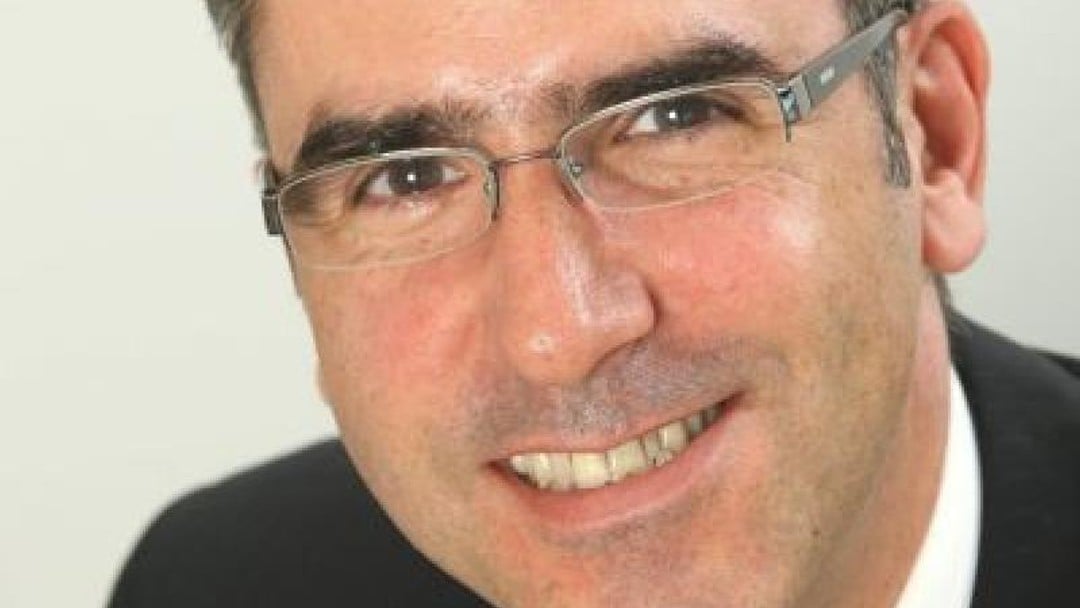Predictably unpredictable

By Colin Lawson
Don't get sucked in by doomsday headlines and the inevitable stagnation of the market; plan for these stumbling blocks and use them to your advantage, advises Colin Lawson
It's been an interesting two months for stock-markets, not just in the UK, but around the world.
Having reached a peak during the past year of 6,904, the FTSE 100 lost almost 11 per cent to close at a low of 6,195 on 16 October. For some strange reason, this drop seemed to come as a surprise to many investors. It really shouldn't have been a shock as drops like this (officially known as corrections) happen almost every single year. Personally, I would have been surprised if the year had ended without it happening and at Equilibrium, we positioned portfolios to benefit from it.
So, why is there a disconnection between what is likely to happen, how investors react when it actually happens, and what can we learn from it?
Firstly, the media loves bad news - it's what sells newspapers. Secondly, the storytellers have to put a 'label' on events to try to explain why they are happening. They are prone to exaggerate and so naturally, they take advantage of our fragile sentiment with spectacular headlines about Europe, global growth heading towards recession and, of course, even if I don't die from Ebola, it's likely to bring world trade to its knees.
All the reported doom and gloom led many investors to run for the hills with the biggest ever outflows taking place from UK All Companies funds in September, where redemptions outpaced sales by a whopping £852 million. This is, of course, exactly the opposite of what investors should be doing.
What is the reason for our low sentiment and why are we so pessimistic?
Well, 31 December 2014 will mark the 15 year anniversary of the FTSE 100 peaking at 7,000 and while I am optimistic that we will benefit from a 'Santa rally' this year, I can't see the index getting quite as high as this. So that means that over this 15 year period, the FTSE 100 index will be lower than where it started. Worse than that, we had lost almost half of our money by 2003 but saw it almost recover by 2007 - only to then lose almost half of it again by 2009 and almost recover by 2014. Is there a pattern here? Clearly, it must be time to lose half our money again!
Having endured such a tortuous period, investors are tired, our nerves are frayed and confidence is sadly lacking. It is therefore no wonder that we overreact to the sensationalist headlines.
So, let me try to cheer everyone up with a few positive facts:
1) The US economy capped its best six months of growth in a decade last quarter
2) The European economy expanded for five quarters in a row
3) Companies are awash with cash (£53 billion in the UK alone)
4) The global economy is up 4.1 per cent in 2014 - even Spain was up 1.6 per cent, the fastest growth it has seen for 6 years
5) The S&P 500 has the lowest net debt to earnings ratio in 24 years
I could go on. My point is simply that the market fundamentals are significantly better than the headlines would have you believe. In the short term, markets are driven by the sentimental lemmings jumping off the proverbial cliff but in the medium term, fundamentals win out every time as sentiment slowly catches up and turns around.
I believe that 2015 will be a great year for markets overall but please don't be surprised when it drops by 10 per cent at some point. In fact, why don't you plan for it so that you can be a victor of volatility rather than a victim?
Colin Lawson is founder and managing partner of Equilibrium Asset Management
He writes a regular blog about wealth management for Private Client Adviser

